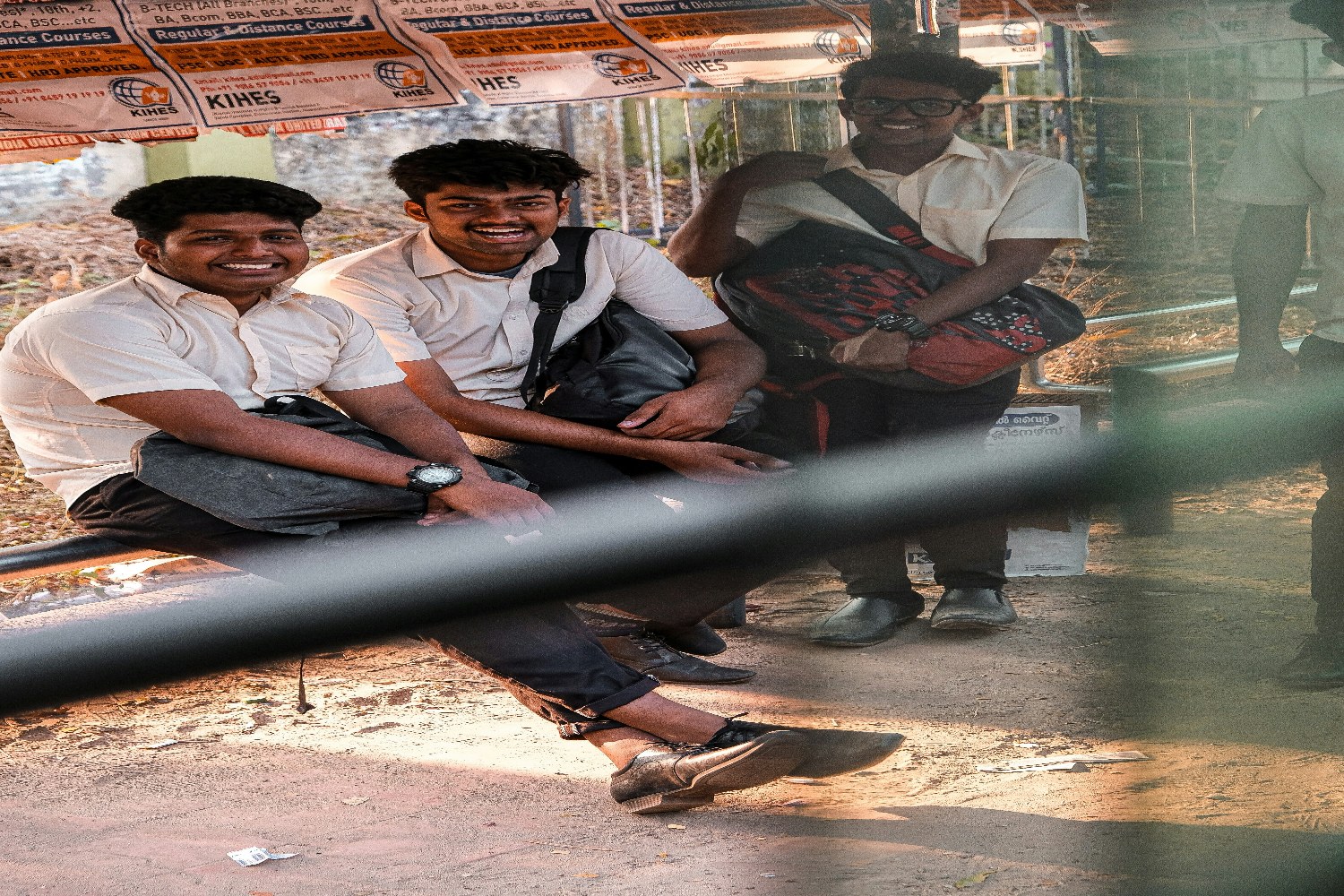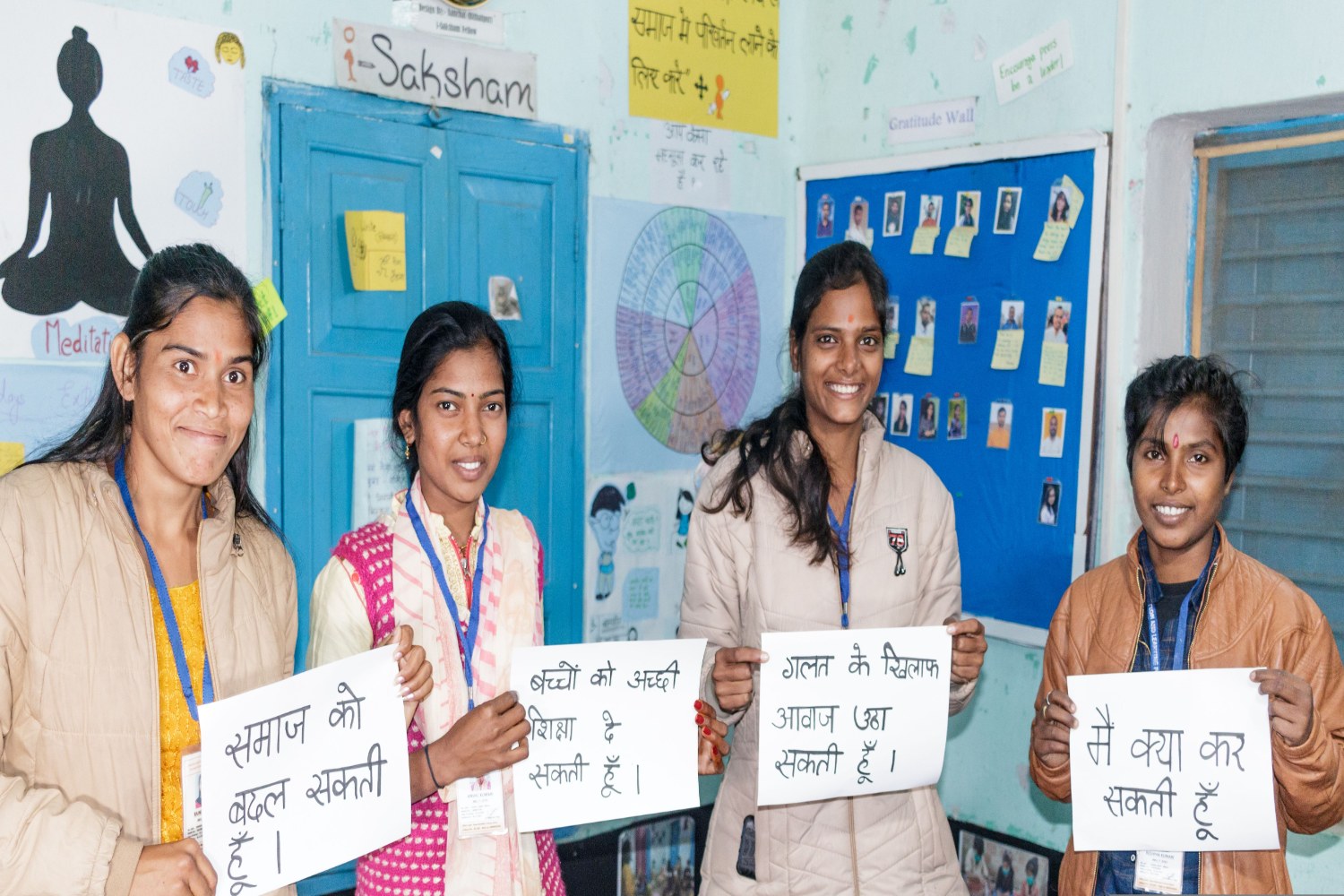Thinking about fellowships: Samuhik Pahal editorial collective
This piece focuses on fellowships, an increasingly important way of working in the social sector and education.

Fellowships are increasingly becoming an important mode of intervening in the social sector. This is especially true in the case of the domain of education. Wipro Foundation itself runs three different fellowships – the Wipro Education Fellowship (for founders of early-stage educational NGOs), the Wipro Organizational Development Fellowship and the Wipro Media Fellowship. We also support many organizations who run fellowships and see them as an important part of their organizational toolkit.
Because of their burgeoning popularity and wide usage, fellowships now mean many things to many people. For the purpose of discussions in the present issue of Samuhik Pahal, by fellowship we mean the following.
A fellowship is a specific kind of organizational intervention in the education sector, with the help of fresh talent, which the organizations try to get and groom in cohorts through a structured program. Such a program provides the fellows opportunities to engage with school/classroom level teaching-learning processes – with children and/or teachers and/or school leaders for a specified period.
Fellowships are increasingly a popular way of structuring educational interventions due to many reasons. They are a relatively effective way of attracting new talent, with arguably low costs. Some organizations also see it as a way of getting potential employees without any formal commitments for the relationship at the beginning.
For young people, it can be a good way to build their capacity, get exposure, and source opportunities for networking and exploring long-term career opportunities with a relatively short commitment – a year or two. A well-chosen mix of fellows opens up their minds to the world, can change perceptions, and can challenge long held prejudices, through peer interactions and learning.
For the system as a whole, it facilitates the entry of more people into the ecosystem and provides frameworks for new entrants to become educational/social entrepreneurs. For the education ecosystem, it also works as a broader advocacy tool. When organizations in rural areas and small towns take fellows from communities, it creates opportunities for capacity building for local people. At large, fellowships can also potentially increase sensitivity among young people about various social issues and diverse realities.
However, as with everything else, fellowships have a flipside. There is the possibility of fellows being financially exploited. In the new positions, they are often expected to play the role of experts, sometimes with only a few weeks’ training. The challenges that such situations create for fellows are many. Some are willing to take it on, but for some others it might be intense and overwhelming.
Organizations start fellowships with multiple objectives. Some of these goals may become sidelined over a period of time. How easy is it for organizations to mediate between the various competing objectives – e.g., attracting talent to the social sector vs. intervening effectively in a chosen domain of work – of fellowships? The idea/concept of fellowships, as dominantly operational in India now, is often premised upon the understanding that we have figured out how to work in specific domains, and fellowships can be used to expand/multiply the work.
However, one observes that often organizations starting fellowships in specific thematic areas themselves are nowhere close to solving the problems they have chosen to work on. Therefore, scaling up through fellowships at this stage may only upscale confusions and problems. One might also argue that even if one has figured out solutions, scaling these is not necessarily going to work because of the very context dependent nature of social issues.
Those who want to work in the social sector perhaps must also do their own thinking, imagining and experimentation. How much do the present crop of fellowships in India in the education sector are able to do this is an important question to consider.
The dominant paradigm of fellowships is based on certain assumptions of which some of the smaller NGOs who have started fellowship programs might not be aware. These assumptions include, amongst others – scaling as being only an organizational/ operational issue, the ease with which capacities may be built, etc. Large-scale social experimentations often have high social costs. In the case of fellowships, do we have a way in which we can even begin to assess these costs, especially with those fellowships that have a large geographical and social spread?
Is the fellowship process equitably beneficial for everyone involved? Does the teacher or the school leader gain as much from the process (in terms of skills, social capital, identity etc.) as a fellow? Our interactions with a number of potential grantees as well as existing partners reveal an important fact. Many of them are not quite clear about why they are running or plan to run a fellowship. Perhaps it is time to relook at fellowships as a way of structuring work and as a tool of intervention in the domain of education and unpack certain assumptions that might have been made uncritically?
Perhaps we need to examine anew what it takes to solve a social/education problem, what is entailed in building the capacity of fellows to deliver what they are supposed to (e.g., being a teacher or a teacher trainer), and what it means to work with people in the system to improve their practices. We hope this issue of Samuhik Pahal is a step, even if a very small one, in starting these conversations.




No approved comments yet. Be the first to comment!